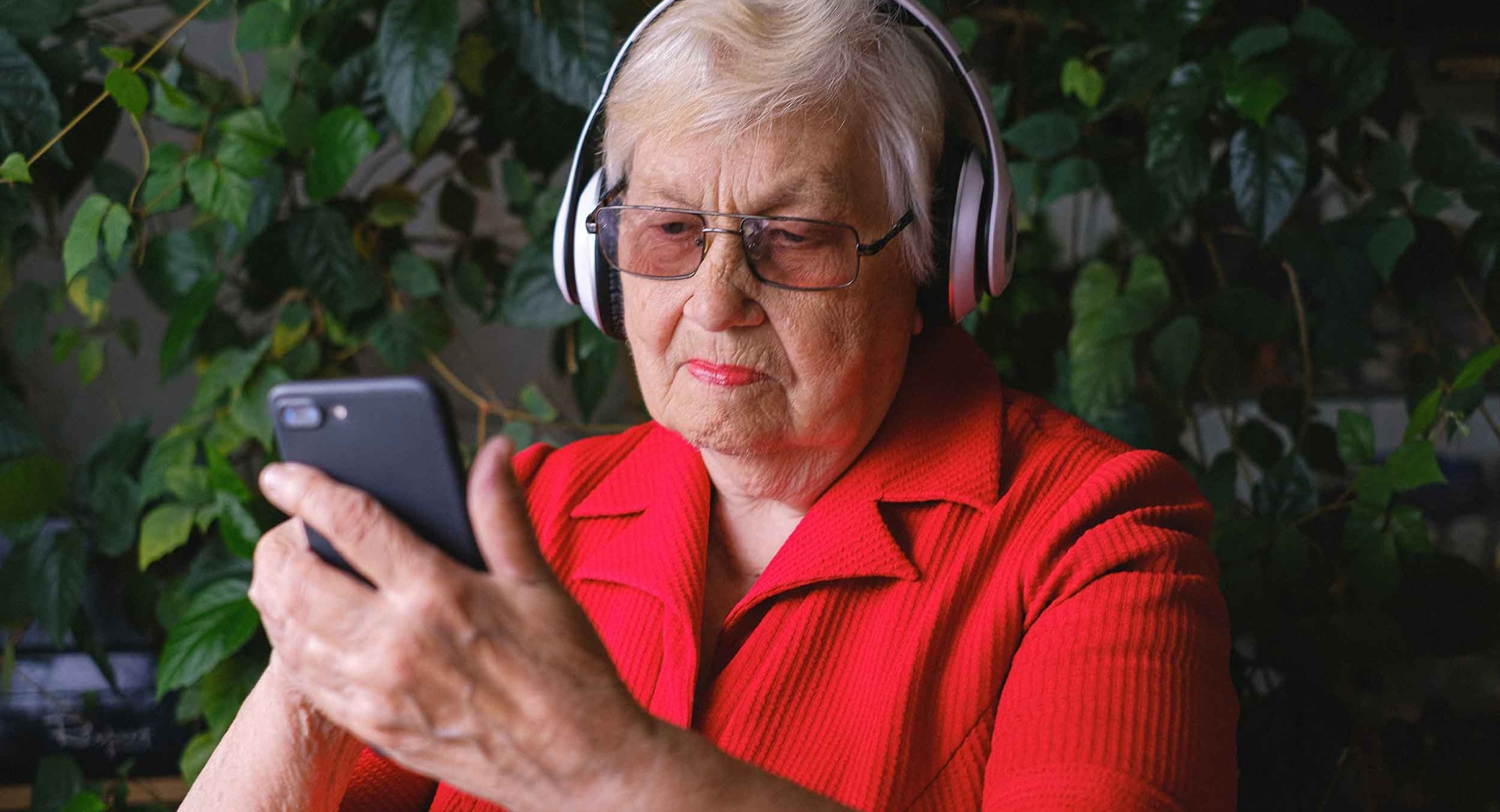5 Ways Music Affects The Elderly

As much as music is popular among younger generations as a source of entertainment, empowerment and motivation, the same can be said for an older demographic. Regardless of age, lifestyle and preferences, music can positively impact the lives of many by accomplishing the following:
- Memory enhancement
- Improve your mood
- Boost your motivation
- Reduce feelings of pain
- Opportunity to connect with others
1. Memory Enhancement
Research shows that listening to classical music improves both semantic and episodic memory among seniors with an average age of 69 years old. Episodic memory comprises a person’s ability to recall past experiences while semantic memory involves the recollection of facts, ideas and concepts, also known as general knowledge.
As if that’s not good enough, classical music also helps your brain’s ability to process information faster. All of these improvements linked to classical music were not seen when participants were listening to white noise or no music at all.
2. Improve Your Mood
It is no secret that music can impact your mood, making it an ideal resource for seniors diagnosed with Alzheimer’s or dementia. According to Bria Communities for seniors, “when someone is frustrated or agitated, playing a soothing song can ease the tension and calm them down.”
“Singing, dancing and rhythm play can stimulate the mind and keep seniors active and engaged.”
Music increases the positive emotions you experience by stimulating hits of dopamine. It also prevents increases in a person’s heart rate, blood pressure and can decrease cortisol levels, all of which are good ingredients to reduce stress and anxiety.
3. Boost Your Motivation
No matter how old you get, it is important to stay active. This means we must find motivation to keep moving. There’s a reason why many wear earphones in the gym.
In a study on the effects of synchronous music during exercise, researchers found that music helped participants exercise longer, and that motivational music helped more. Regardless, participants who listened to non-motivational music exercised longer than those who listened to no music at all.
For seniors, keeping up with general recommended levels of physical activity can be difficult. Therefore, music is a very beneficial resource to help keep you motivated at all times.
4. Reduce Feelings Of Pain
In a 2013 study on the impact of music on people experiencing the painful effects of Fibromyalgia, researchers found that participants who listened to music once a day for four weeks experienced less pain and depressive symptoms.
In another study on the effects of music on patients receiving spine surgery, participants reported experiencing significantly less pain after listening to whatever music they like on the evening before surgery until the second day after.
It is common for seniors to experience pain due to medical conditions, accidents or after a long day’s work. Music can come in handy whenever you experience unease or body discomfort as a result of physical exertion, illness or more.
5. Opportunity To Connect With Others
At the very least, finding music you love can be fun and something you share with the people you love. Ask others what music they love to listen to or better yet, explore what types of music help you meditate, exercise or focus on a task at hand.
Music also doesn’t have to be enjoyed in solitude. You may use it to connect with others. Check in with your healthcare companion to learn about the types of music that help them get through their day, or visit any local gatherings or music shows with the people you’d like to spend more time with.
There are many ways you can help the people you love, and music is just one of them. If you have a loved one in need of care, there are many care programs available to help you.
